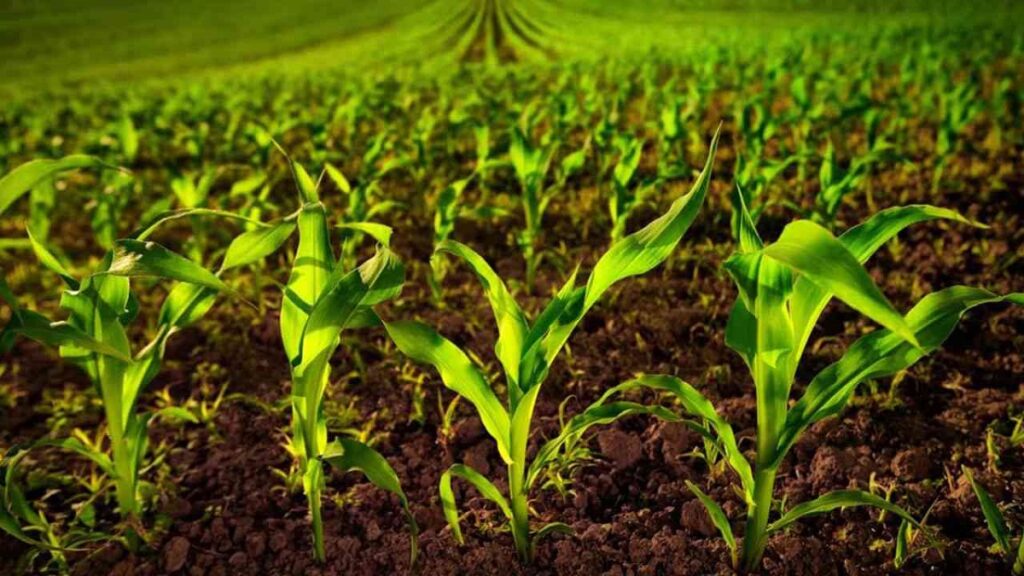The agriculture department in erstwhile Khammam district is prioritizing soil testing as a crucial measure to boost crop productivity and alleviate investment burdens for farmers. With a focus on utilizing available resources effectively, the department is spearheading initiatives to promote sustainable agricultural practices.
The Importance of Soil Testing:
In a bid to ensure optimal crop yield and minimize expenditure on inputs, the agriculture department underscores the significance of soil testing. By assessing soil composition and nutrient levels, farmers can make informed decisions regarding fertilization and crop selection, leading to enhanced agricultural productivity.
Existing Infrastructure and Initiatives:
Presently, there are four soil testing centers strategically located across the district, including a static lab in Khammam and testing facilities at Sathupalli agriculture market, Kothagudem, and Bhadrachalam market yard. Each center has been allocated funds amounting to Rs 7.20 lakh, with a target of conducting 2400 soil tests per center.
Transition in Approach:
Previously, soil testing was conducted under the National Mission on Sustainable Agriculture (NMSA), wherein farmers were issued soil test cards. However, with the discontinuation of the scheme in 2019, the department has shifted focus towards collaboration with agriculture market committees to facilitate soil testing services.
Utilization of Tank Silt:
Innovative approaches to resource utilization are also being encouraged, with officials promoting the use of silt extracted from tanks through the employment guarantee scheme. Small and marginal farmers are urged to avail themselves of this nutrient-rich resource, with transportation costs subsidized to facilitate its application in crop fields.
Promising Results and Future Prospects:
The utilization of tank silt has demonstrated promising results, with research indicating its significant nutritional value, including essential elements such as nitrogen, potassium, phosphorus, zinc, and boron. By integrating silt into agricultural practices, farmers can reduce their reliance on chemical fertilizers by up to 50%, thereby enhancing soil fertility, reducing cultivation costs, and ultimately increasing crop yields.
With a proactive approach towards soil testing and innovative utilization of resources like tank silt, the agriculture department in erstwhile Khammam district is paving the way for sustainable agricultural practices. By empowering farmers with knowledge and access to essential services, the department aims to foster a thriving agricultural sector that is both economically viable and environmentally responsible.
